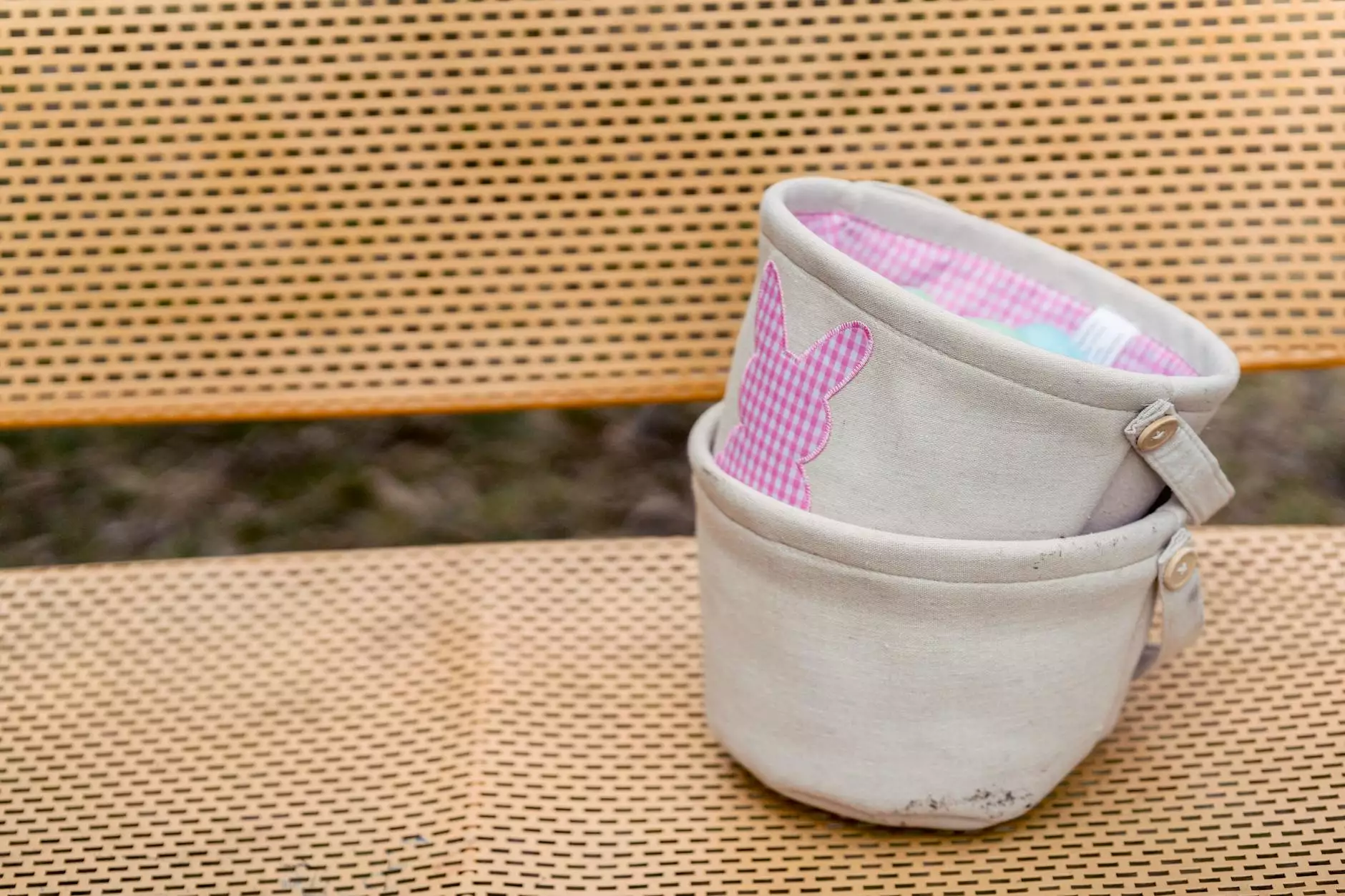The Joy of Owning a Furry Rabbit: A Comprehensive Guide for Pet Lovers

When it comes to pets, furry rabbits hold a special place in the hearts of many. Their adorable demeanor, playful nature, and soft, cuddly fur make them perfect companions for families and individuals alike. This article delves into the many aspects of owning a furry rabbit, covering everything from care and grooming to the unique advantages they offer as pets.
Understanding Your Furry Rabbit
Furry rabbits, scientifically known as Oryctolagus cuniculus, have become increasingly popular as household pets. Their captivating personalities and gentle temperament make them an ideal choice for pet enthusiasts of all ages. Here are a few fascinating facts about these furry companions:
- Lifespan: On average, a furry rabbit can live between 8 to 12 years with proper care.
- Breeds: There are numerous breeds of rabbits, including Holland Lop, Netherland Dwarf, and Rex, each with unique personalities and characteristics.
- Social Animals: Rabbits are highly social creatures and thrive when they have companionship, whether from humans or other rabbits.
- Intelligent and Trainable: Contrary to popular belief, furry rabbits can be trained to follow commands and even use litter boxes!
Choosing the Right Furry Rabbit for Your Home
Before bringing a furry rabbit home, it’s essential to consider the specific needs of the breed you're interested in, as well as your lifestyle. Here are some critical aspects to assess:
Space Requirements
Rabbits need ample space to hop and play. A spacious pen or an entire room dedicated to your furry rabbit can significantly improve their quality of life. Ensure that the area is safe from hazards and has enough room for them to explore.
Time Commitment
Owning a furry rabbit requires a daily time commitment. These pets thrive on interaction, exercise, and mental stimulation. Regular playtime, grooming sessions, and training activities will help build a strong bond between you and your furry friend.
Financial Considerations
Investing in a furry rabbit goes beyond the initial purchase price. Consider ongoing costs such as:
- Food: High-quality rabbit pellets, fresh vegetables, and hay.
- Grooming Supplies: Brushes, nail clippers, and bathing products.
- Veterinary Care: Routine check-ups and vaccinations.
- Accessories: Pens, litter boxes, toys, and bedding.
Setting Up a Cozy Home for Your Furry Rabbit
Creating a warm and inviting environment for your furry rabbit is crucial for their happiness and wellbeing. Here are some tips for setting up their space:
Housing Options
When choosing a home for your furry rabbit, consider these options:
- Rabbit Hutch: Offers a safe outdoor option, but make sure it is well-ventilated and protected from the elements.
- Indoor Pen: A large indoor pen can provide a safe space for your rabbit to play and explore.
- Free-Roaming Space: If your home allows, creating a free-roaming environment can enrich your rabbit's life.
Rabbit-proofing Your Home
Rabbits are curious creatures and tend to chew on everything. Make sure to:
- Secure electrical cords.
- Remove toxic houseplants.
- Block off areas where they could get stuck or harm themselves.
Nourishing Your Furry Rabbit: Diet and Nutrition
A well-balanced diet is vital for maintaining the health of your furry rabbit. Their digestive system is unique and requires specific nutrients:
Essential Dietary Components
- Timothy Hay: The mainstay of a rabbit's diet; it should make up the bulk of their food intake to promote dental health and digestion.
- Fresh Vegetables: Leafy greens like romaine lettuce, kale, and parsley provide essential vitamins and minerals.
- Quality Pellets: Look for high-fiber pellets without additives or fillers.
- Treats: Offer fresh fruits and small amounts of commercial rabbit treats sparingly to avoid obesity.
Hydration
Access to fresh water is crucial. Make sure your furry rabbit has a clean source of water available at all times, whether through a bottle or a bowl.
Grooming Your Furry Rabbit
Grooming is an essential part of rabbit care that can affect their health and wellbeing. Regular grooming keeps their fur clean and helps prevent matting.
Brushing and Shedding
Some furry rabbits shed more than others, especially during seasonal changes. Regular brushing will help keep their coat tidy and remove loose fur:
- Use a soft-bristled brush to prevent skin irritation.
- Brush at least once a week, or more frequently during heavy shedding periods.
Nail Trimming
Keep your furry rabbit's nails trimmed to prevent overgrowth, which can lead to discomfort:
- Use a pair of rabbit-specific nail clippers.
- Trim just the tip of each nail, avoiding the quick (the pink section).
Bathing
Rabbits typically do not need baths. If they get particularly dirty, spot cleaning with a damp cloth is advisable. Never fully submerge your rabbit in water, as it can be very stressful for them.
Training Your Furry Rabbit
Many people may not realize that furry rabbits can be trained just like dogs or cats. Training not only enhances the rabbit-owner bond but also provides mental stimulation for your furry friend.
Litter Training
One of the first steps in training your furry rabbit is litter training. Here’s how:
- Choose a litter box with low sides for easy access.
- Use paper-based or wood pellet litter, avoiding clumping cat litter.
- Place the box in their chosen corner; observe where they naturally go.
- Reward them with treats when they use the litter box.
Commands and Tricks
Furry rabbits can learn simple commands. Using positive reinforcement, you can teach them to:
- Come when called.
- Hop through tunnels or over small obstacles.
- Stand on hind legs for treats.
Socializing Your Furry Rabbit
Socialization is key to a happy and healthy furry rabbit. They enjoy interacting with their human companions and can also become friends with other pets.
Time for Play
Engaging in playtime allows your rabbit to exercise and explore. Consider introducing various toys, such as:
- Chew toys made from safe materials.
- Cardboard boxes for hiding and playing.
- Interactive toys that dispense treats.
Introducing to Other Pets
If you have other pets, introducing them to your furry rabbit requires patience:
- Supervise all interactions initially.
- Allow both pets to adjust to each other's presence.
- Reward positive interactions with treats.
The Importance of Regular Veterinary Care
Just like any other pet, furry rabbits require regular veterinary check-ups. Ensure your rabbit is up to date on vaccinations and that they undergo routine health evaluations.
Signs of Illness
Being observant about your furry rabbit’s health is paramount. Watch for these signs indicating potential illness:
- Changes in appetite or water intake.
- Unusual lethargy or hiding.
- Problems with grooming or messy fur.
Conclusion: The Delight of Having a Furry Rabbit
Owning a furry rabbit can be one of the most rewarding experiences for pet lovers. Their playful antics, gentle demeanor, and companionship bring joy to countless households. By understanding their needs and providing proper care, grooming, training, and socialization, you can ensure your furry rabbit leads a happy and healthy life.
If you’re ready to welcome a furry rabbit into your home, visit dburnspettreats.com for expert pet services that will help you provide the best care for your new companion. Discover a community of fellow pet lovers and access resources that enhance the relationship with your furry friend.









